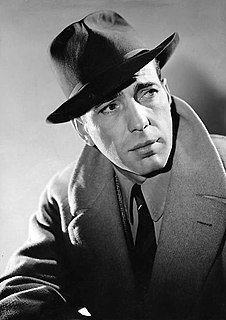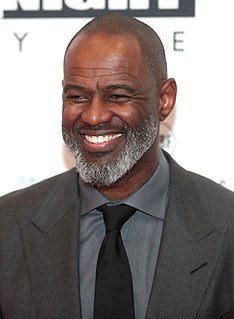A Quote by George W. Bush
Now that I've got the will of the people at my back, I'm going to start enforcing the one-question rule. That was three questions.
Related Quotes
I believe we came from nowhere. We show up, and we are now here. It's all the same. It just is a question of spacing. While we are in the "now here," we all contemplate where we are going. Where we are going is back to the "nowhere." We are going to rejoin the spirit from which all things emanate. These are the big questions for me - always.
When in doubt, the rule of threes is a rule that plays well with all of storytelling. When describing a thing? No more than three details. A character's arc? Three beats. A story? Three acts. An act? Three sequences. A plot point culminating in a mystery of a twist? At least three mentions throughout the tale. This is an old rule, and a good one. It's not universal - but it's a good place to start.
When we were doing the "Angel Dust" thing we got information from the National Institute of Drug Abuse because we knew that if we went out and said something about angel dust people were going to ask questions about it and we wanted to be sure we had all the information to deal with it when those questions came up. So it's all a question of being as prepared as possible out front, so that if you are going to deal with information it'll be correct. A lot of people won't check it out but some people will.
Rick Blaine: We'll always have Paris. We didn't have Paris, we lost it until you came to Casablanca. We got it back last night. Ilsa Lund: When I said I would never leave you. . . . Rick Blaine: And you never will. But I got a job to do too. Where I'm going you can't follow. What I've got to do, you can't be any part of. Ilsa, I'm no good at being noble but it doesn't take much to see that the problems of three little people don't amount to a hill of beans in this crazy world. Someday you'll understand that. Now, now . . . here's looking at you kid.
Well, I don't think it is amnesty to start with. Second of all, what do you want to do with them? That is the question in response. And third of all, it is a tough path to citizenship. You have to pay back taxes. You've got to learn English. You've got to have a clear record. You've got to get to the back of the line behind other people who have come here legally or waiting legally. So, i just reject that.
It's important to be able to simply ask the questions. Every single advance in science comes about because of courage to ask a question, an outrageous question. Like "Can a large heavy metal object fly if it goes fast enough with the right design?" People's worldviews are changed when they see that something unbelievable is possible. Airplane flight is now taken for granted. And so all wonderful advances start with an outrageous question.
I went back and listened to the first three albums I made and tried to figure out what was special about them, why people keep going back to them. I think it was because I didn't know what I was doing. I had no idea if they were going to play it on the radio or anything. All I did was write songs, so that's what I got back to.
I did this campaign that was called "Back to the Basics" where I went back to the street, went back to my block, and really felt the people. We've got to go back to that sometimes. We distance ourselves from that and we see it from afar. Some people can't relate back to that; once you're out of it, they don't want to relate back to that. It's always good to get back to the basics, though. You've got to touch the roots, you've got to touch those people. Regardless of what's going on, people always respect that.
You've got Hezbollah in Arizona. You've got Mexican drug cartels operating in Arizona. You've got the steady stream of illegals over the border, and you've got people being killed now in Arizona. They are at their wits' end. Enforcing the law is the overall thing, and if there are some civil rights violations, so be it. That's how desperate the situation is. They want the law anyway.


































